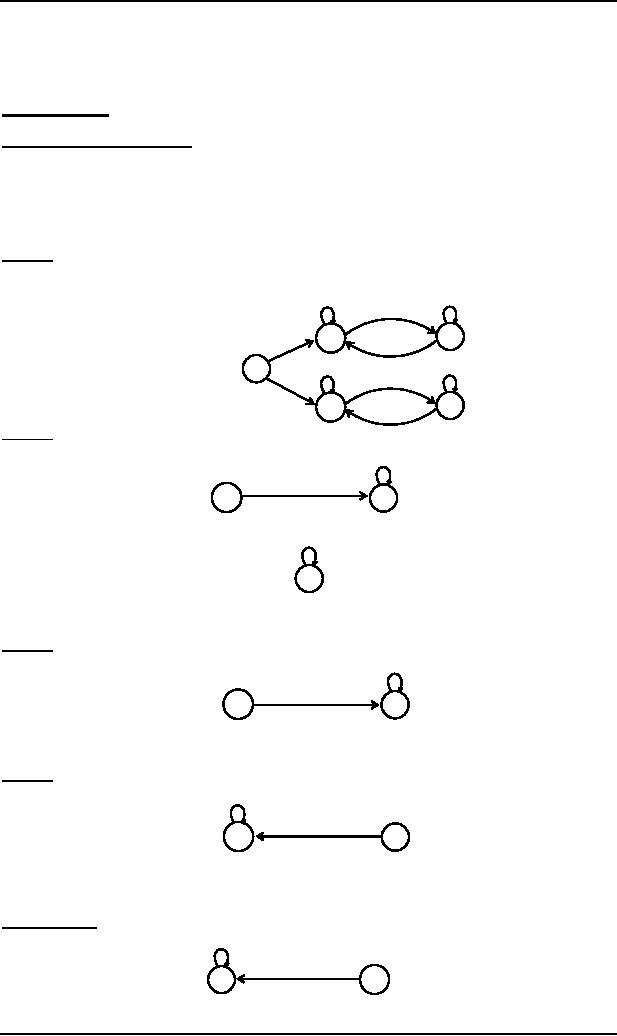

As for machine, it can be physical (washing machine), or theoretical (Turing Machine, Finite State Acceptors, Transducers, and so on, and so forth). Really, it's nothing more than an automatic machine. In this regard, it's a machine that has been restricted to be able to self-act following a sequence of instructions. Basically, it takes in input an input sequence (a program) and do things according to its internal design mechanically, like any other machine, and automatically, according to the program in it's intput. Some related words: device, apparatus, machination, mechanism, machinery AutomataĪn automaton is a machine that has some automatic behavior, a self-operating machine. They are invented systems that provide rules and axioms, mechanisms that allow to do things, just as well as physical machines*. natural deduction) are theoretical machines. Traditional sewing machines (non electrically powered), boilers, combustion motors, windmills or automatized machines like washing machine or industrial robots, etc., are physical machines*.Ībstract machines (lambda-calculus, Turing's machine, regular expressions, etc.), programming languages, or some theoretical systems in some formal sciences (e.g. Some examples: the nervous system, the water cycle, even the financial system (which is not that "natural", but it still is pretty much a self-organizing system), or the way ants find the shortest route up to some resources, are natural systems*. Machines can be physical*, or theoretical. I would almost say that in a regard, a machine is a prescriptive system, while others are descriptive systems, since our knowledge about the latter as systems only comes from what we can detect and describe about the actual phenomena, while the behaviors of the former are (or should be almost) completely ruled by some inventors. It's very general, and ontologically, I would oppose it as natural systems* ("natural" in the common sense). One can trigger some actions, toggling states, by interacting with the machine, using it's mechanisms (well, the interfaces to its mechanisms actually, but whatever). Nowadays, a machine is an invented system (by humans, as far as I know), with an intended behavior (more or less definite, with various degrees of freedom), given by a set of mechanisms that determine some actions (changeovers between states). Robots are specific types of automata, automata are specific types of machines (which are a specific types of systems). In short, I would say that there is a very strict hierarchical order between the three terms. So, your description is correct: there is much overlap between the words, so much so that they can often be used interchangeably.Įven though it has been greatly responded, it's a very interesting question to me and I would like to bring some few more elements. Usually, emphasis is on something mechanical, although, like automaton, this word is applied to more abstract machines as well. The emphasis is, once built, the automaton can keep doing what it's supposed to be doing without further intervention.Ī machine is something mechanical that makes some task easier (e.g., a sewing machine, a washing machine). Some dictionaries describe automata as a synonym for robot, but the term is also used in a more abstract sense in a branch of mathematics. In science fiction, robots often take on humanlike qualities, but robots can in fact be much simpler than that (e.g., a vacuuming robot).Īn automaton is something that performs some task in accordance with some preset instructions. Q 0 is the initial state from where any input is processed (q 0 ∈ Q).į is a set of final state/states of Q (F ⊆ Q).ĭefinition − An alphabet is any finite set of symbols.This is going to be a tricky question to answer, because all three words can be used in a wide range of contexts.Ī robot is something mechanical that does something useful. ∑ is a finite set of symbols, called the alphabet of the automaton. Formal definition of a Finite AutomatonĪn automaton can be represented by a 5-tuple (Q, ∑, δ, q 0, F), where − An automaton (Automata in plural) is an abstract self-propelled computing device which follows a predetermined sequence of operations automatically.Īn automaton with a finite number of states is called a Finite Automaton (FA) or Finite State Machine (FSM). The term "Automata" is derived from the Greek word "αὐτόματα" which means "self-acting".


 0 kommentar(er)
0 kommentar(er)
